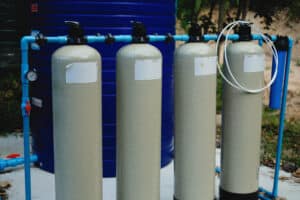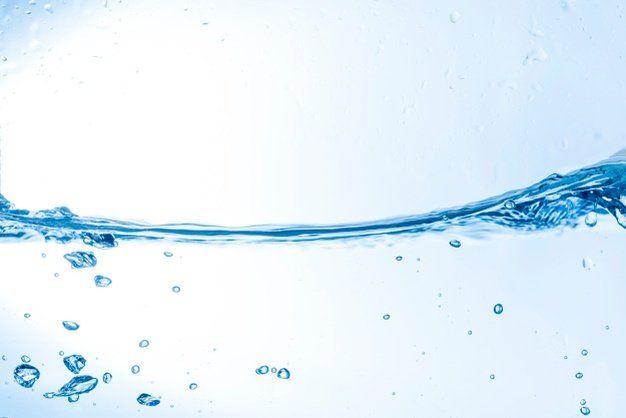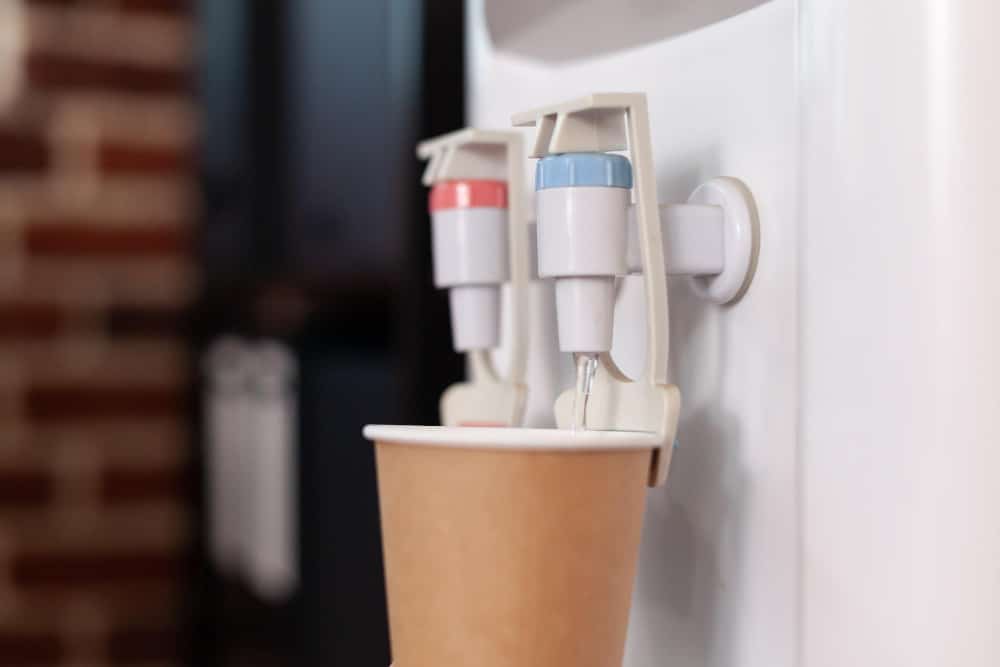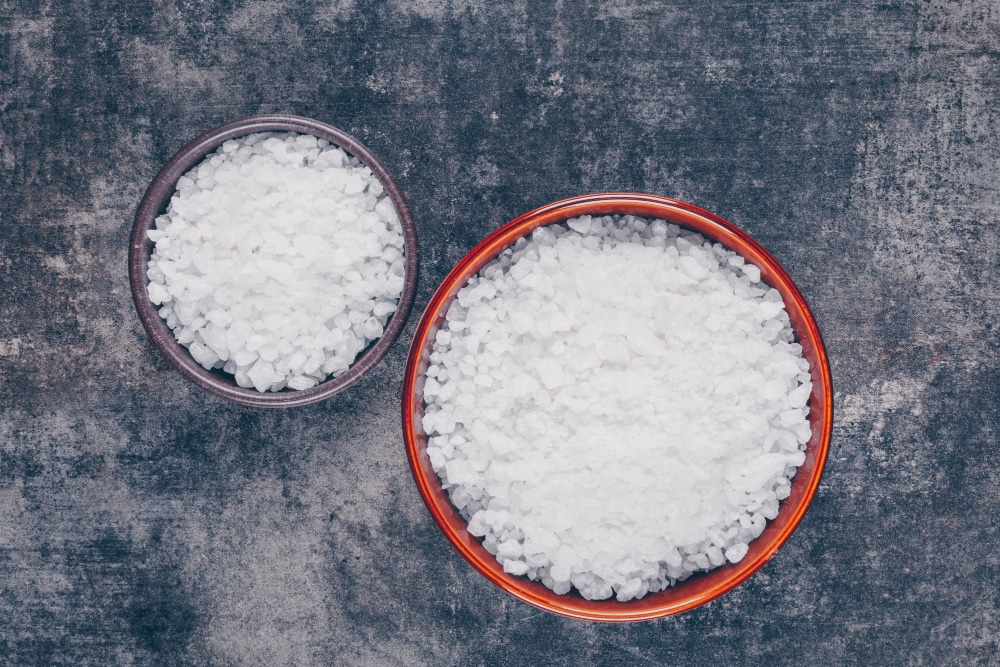Factors to Consider Before Installing a Water Softener
When it comes to installing a water softener in your San Antonio home, there are several factors that you need to consider. First and foremost, you need to understand the quality of the water in your area. San Antonio is known for having hard water, which is water that contains high levels of minerals like calcium and magnesium. Hard water can cause a variety of issues, from leaving spots on your dishes to damaging your plumbing system. By installing a water softener, you can tackle these problems head-on.

Another factor to consider is the size of your household and your water usage. The capacity of a water softener is measured in grains, which refers to the amount of hardness minerals it can remove before regeneration is required. It’s important to choose a water softener with a capacity that matches your needs. If you have a large family or use a lot of water, you’ll want to opt for a higher capacity water softener.
Lastly, you should also evaluate the space available in your home for the installation of a water softener. Water softeners come in different sizes, so it’s essential to choose one that fits comfortably in your designated area. You may also need to consider the accessibility of the plumbing connections and the proximity to a power source. Taking these factors into account will ensure a smooth installation process and optimal performance of your water softener.
Factors to Consider When Choosing a Water Softener
Choosing the right water softener for your San Antonio home is crucial for effectively tackling hard water. One of the most important factors to consider is the type of water softener. There are three main types: salt-based, salt-free, and magnetic water softeners. Salt-based water softeners are the most common and effective at removing hardness minerals. Salt-free water softeners, also known as descalers, use a different process to prevent scale buildup. Magnetic water softeners, on the other hand, use a magnetic field to alter the structure of the minerals in the water.
Another factor to consider is the regeneration process of the water softener. Regeneration refers to the process of replacing the minerals that have been removed from the water. Salt-based water softeners require the use of salt to regenerate, while salt-free systems and magnetic water softeners do not require any regeneration. It’s important to understand the maintenance requirements of each type of water softener and choose one that aligns with your preferences and lifestyle.
Additionally, you should consider the efficiency of the water softener. Look for a model that is certified by independent organizations like the Water Quality Association (WQA) or the National Sanitation Foundation (NSF). These certifications ensure that the water softener has been tested and meets specific performance standards. Choosing an efficient water softener will not only provide you with high-quality softened water but also reduce your energy consumption and environmental impact.
Common Problems When Choosing the Wrong Water Softeners
Choosing the wrong water softener for your San Antonio home can lead to various problems and frustrations. One common problem is insufficient water softening. If the water softener you choose is not capable of handling the hardness level of your water, you may still experience issues such as scale buildup on your fixtures and appliances. This can not only affect the lifespan of your appliances but also result in higher energy bills due to reduced efficiency.
Another problem that can arise from choosing the wrong water softener is excessive salt consumption. Salt-based water softeners require the use of salt for the regeneration process. If you choose a water softener that is too large for your household’s needs, it may lead to unnecessary salt consumption. This not only adds to your expenses but also increases the amount of sodium in your water, which can be a concern for individuals on low-sodium diets.
Furthermore, choosing an inefficient water softener can result in wasted water and increased water bills. If your water softener is not properly calibrated or sized, it may go through excessive regeneration cycles, leading to unnecessary water wastage. Additionally, an inefficient water softener may not effectively remove hardness minerals, resulting in the need for more frequent regeneration cycles and higher water usage.
By considering these common problems, you can avoid making the wrong choice when selecting a water softener for your San Antonio home. It’s important to do thorough research and consult with professionals to ensure you choose the right water softener that meets your specific needs.
How to Choose the Right Water Softener for Your San Antonio Home
When it comes to choosing the right water softener for your San Antonio home, there are several factors you need to take into account. Firstly, consider the hardness level of your water. San Antonio is known for having hard water, so you’ll want to choose a water softener that is specifically designed to tackle high levels of minerals. Look for a water softener that has a high hardness removal capacity to ensure optimal performance.
Another factor to consider is the size and capacity of the water softener. The size of your household and your water usage will determine the capacity you need. It’s important to choose a water softener that can handle your daily water demands without frequent regeneration. This will help prolong the lifespan of the water softener and reduce water and salt consumption.
Additionally, consider the maintenance requirements of the water softener. Some water softeners require regular salt refilling, while others are salt-free and require minimal maintenance. Take into account your preferences and lifestyle when choosing the type of water softener that best suits your needs.
Lastly, don’t forget to consider the warranty and customer support offered by the manufacturer. A reliable warranty will give you peace of mind knowing that you are protected against any potential defects or malfunctions. Look for a water softener with a warranty that covers both parts and labor. Additionally, ensure that the manufacturer provides prompt and helpful customer support in case you have any questions or issues with your water softener.
The Water Softener Installation Process in San Antonio
The water softener installation process in San Antonio typically involves several steps to ensure a successful installation. Here is a breakdown of the installation process:
- Pre-Installation Evaluation: Before installing the water softener, a professional technician will evaluate your plumbing system and determine the best location for the water softener. They will also assess the existing water supply lines and make any necessary adjustments.
- Water Softener Placement: Once the ideal location is determined, the technician will install the water softener in the designated area. This may involve connecting the water softener to the main water supply line and ensuring proper alignment and secure mounting.
- Connection to Plumbing System: The technician will then connect the water softener to the plumbing system. This may require cutting into existing pipes and installing bypass valves to allow for easy maintenance and regeneration.
- Electrical Connection: If your water softener requires an electrical connection, the technician will ensure that it is properly wired and connected to a power source. They will also perform any necessary electrical tests to ensure the safe operation of the water softener.
- Initial Set-Up and Programming: Once the water softener is installed and connected, the technician will perform the initial set-up and programming. This involves inputting the necessary parameters, such as water hardness level and regeneration frequency, to ensure optimal performance.
- Testing and Verification: After the installation is complete, the technician will test the water softener to ensure that it is functioning properly. They will check for any leaks, verify the softened water quality, and make any necessary adjustments to optimize performance.
By following these steps, you can ensure a smooth and successful water softener installation in your San Antonio home. It’s always recommended to hire a professional installation service to ensure that the installation is done correctly and to avoid any potential issues or damage to your plumbing system.
Finding the Best Water Softener Installation Services in San Antonio
When it comes to finding the best water softener installation services in San Antonio, it’s important to do your research and choose a reputable and experienced company. Here are some tips to help you find the right installation service:
- Read Reviews and Testimonials: Start by reading reviews and testimonials from previous customers. This will give you insight into the quality of the installation service and the customer satisfaction level. Look for companies with positive reviews and a track record of delivering excellent service.
- Ask for Recommendations: Reach out to friends, family, and neighbors who have recently installed a water softener. Ask them about their experience with the installation service and if they would recommend the company they used. Personal recommendations can be valuable in finding a reliable installation service.
- Check for Certifications and Licenses: Ensure that the installation service you choose is certified and licensed. This demonstrates that they have met specific industry standards and have the necessary expertise to perform the installation.
- Inquire About Warranty and Customer Support: Ask about the warranty offered by the installation service. A reputable company will provide a warranty that covers both parts and labor. Additionally, inquire about the customer support they offer in case you have any questions or issues with your water softener after the installation.
- Service and Repair: Are the company known for their service and repair? Or are they a “one and done” company that will never be seen again unless you need another brand new system? This is what separates the “Pros” from the “Joe’s”.
By following these tips and conducting thorough research, you can find the best water softener installation service in San Antonio. Remember, the installation process is crucial for the overall performance and longevity of your water softener, so it’s important to choose a reliable and experienced company.
Frequently Asked Questions About Water Softener Installation
Q: How long does it take to install a water softener in San Antonio?
A: The duration of the installation process can vary depending on various factors, such as the complexity of the plumbing system and the specific requirements of your home. On average, the installation of a water softener can take anywhere from two to four hours. However, it’s important to note that this is just an estimate, and the actual duration may be shorter or longer.
Q: Do I need to hire a professional for water softener installation?
A: While it is technically possible to install a water softener yourself, it is highly recommended to hire a professional for the installation. Water softeners involve complex plumbing connections and electrical wiring, and any mistakes during the installation process can lead to costly repairs or damage. Hiring a professional ensures that the installation is done correctly and reduces the risk of any potential issues.
Q: How often does a water softener need to be regenerated?
A: The frequency of water softener regeneration depends on several factors, such as the hardness level of your water and the capacity of your water softener. Most water softeners are programmed to regenerate automatically based on the volume of water used or a specific time interval. On average, water softeners regenerate every three to seven days. It’s important to follow the manufacturer’s instructions and adjust the regeneration frequency as needed.
Q: Can I install a water softener in a small space?
A: Yes, water softeners come in different sizes to accommodate various spaces. If you have a small space available for installation, you can choose a compact water softener that can easily fit in tight spaces. It’s important to measure the available space accurately and consult with a professional to ensure that the water softener can be installed properly and without any restrictions.
It’s Not a One Size Fits All. We Are Here to Help
Choosing and installing a water softener in your San Antonio home is not a one-size-fits-all process. It requires careful consideration of various factors, from the quality of your water to the size and capacity of the water softener. By taking the time to evaluate your needs and research the available options, you can make an informed decision and ensure that your water softener effectively tackles hard water.
If you’re unsure about which water softener is right for you or need assistance with the installation process, don’t hesitate to reach out for professional help. At The Water Man of San Antonio, we specialize in water softener installation services in San Antonio. Our team of experts can evaluate your needs, recommend the best water softener for your home, and ensure a seamless installation process. Let us evaluate what you need and help you tackle hard water head-on.







